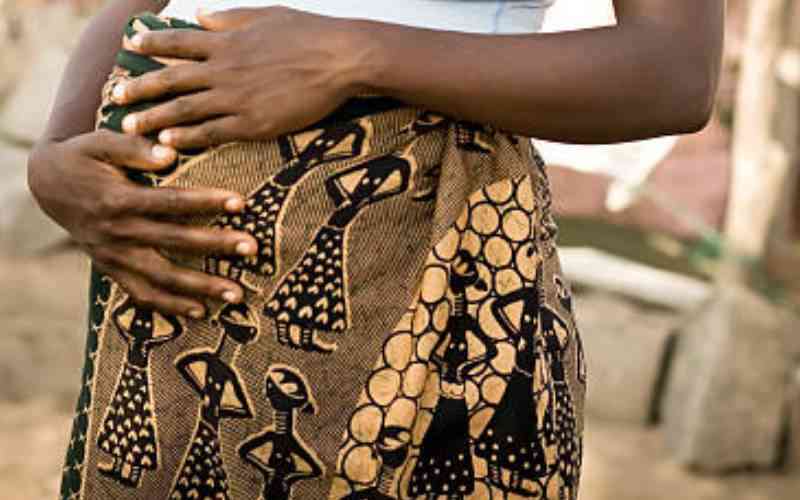×
The Standard e-Paper
Smart Minds Choose Us

Meru County holds the unenviable position of recording the highest number of teen pregnancies in the country.
At Nyambene Sub County Hospital alone, out of 500 deliveries per month, teens account for 40 per cent, said the officer in charge Dr Githu Wachira.